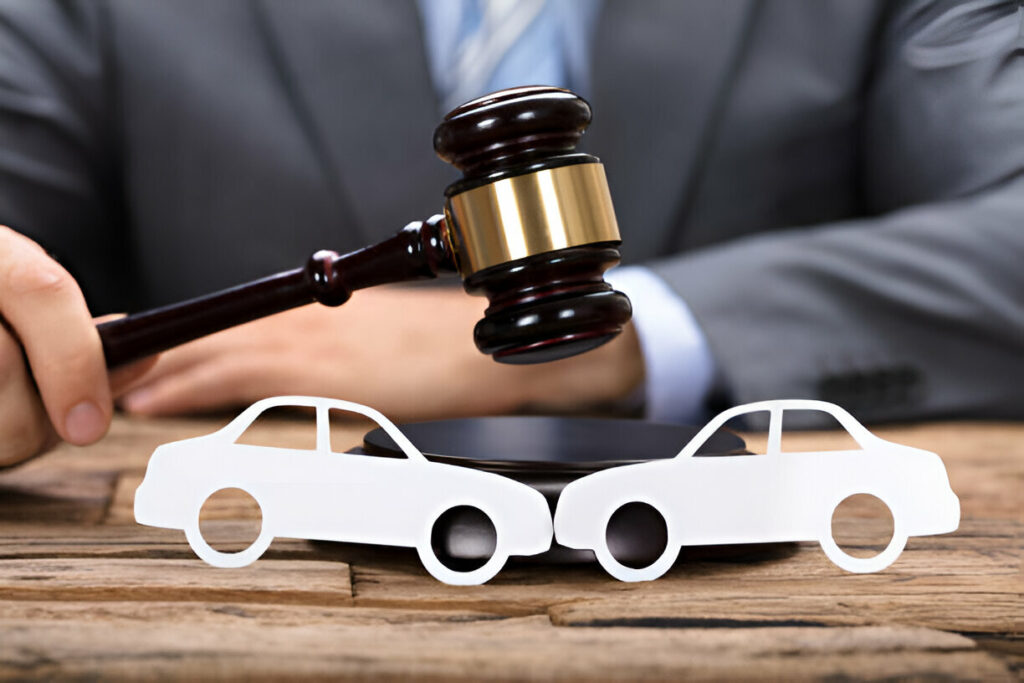Understanding negligence is crucial in determining liability in traffic accidents. Car accident liability laws in Arizona govern the legal framework surrounding negligence claims. If a motorist fails to act reasonably while driving and causes harm or injury to others, they could be considered negligent according to Arizona’s laws. Negligence can be attributed to driving at high speeds, being distracted, or ignoring traffic signals. Qualified car accident liability attorneys can help individuals in Arizona who have experienced harm due to someone else’s negligence on the road to pursue compensation for damages. Clarifying negligence ensures accountability and promotes safer roadways for all.
Evidence Collection and Its Significance
Gathering evidence is a fundamental part of the investigative process and forms the bedrock upon which liability is assessed. Without tangible proof, allegations of negligence remain unsubstantiated. This evidence can take various forms: snapshots of tire skid marks, CCTV footage capturing the incident, or even digital breadcrumbs from a vehicle’s GPS. However, the effectiveness of this evidence is not only in its presence but in how it is contextualized within the framework of the collision’s specific circumstances.
Witness Testimonies and Their Influence
Eyewitnesses to an accident can offer invaluable insights that paint a more vivid picture of the sequence of events. Often unbiased, these accounts can significantly sway the process of attributing fault, substantiating claims, or casting doubts on inconsistent narratives. The legal system places enormous weight on the reliability and objectivity of these testimonies, recognizing their potential to unravel the truth amidst a tangle of conflicting accounts.
Understanding Comparative Fault
The concept of comparative fault acknowledges that accidents rarely have a singular cause or culprit. It introduces a scale of responsibility, adjudicating fault in fractions that reflect each party’s contribution to the occurrence. This apportionment is more than a simple allocation; it directly impacts the financial repercussions that follow, mitigating or exacerbating the economic fallout for the individuals concerned.
Interpreting comparative fault entails an intricate process, scrutinizing actions and reactions to paint a comprehensive portrait of responsibility. For instance, if a driver’s failure to signal a lane change contributed to a collision, but the other party was speeding, both drivers might be deemed partially liable. The nuanced nature of comparative fault can lead to reduced damages or shared burdens, fundamentally altering the compensatory landscape.
State-Specific Traffic Laws
An accident’s location can be as significant as the event itself, with state-specific regulations heavily dictating the process for determining liability. These laws encapsulate the unique legislative ethos of each state and can vary dramatically from one jurisdiction to another. Capturing the essence of state laws is crucial for a reliable liability determination, from rigid no-fault regulations to more discretionary fault-based systems.
Insurance Companies and Liability Assessment
Immediately following an accident, insurance companies step onto the scene, ready to unravel the specifics of the incident to determine who bears financial responsibility. These assessments go beyond mere formulae, as insurers evaluate every shred of evidence through a lens refined by years of handling similar cases. Negotiations with insurance companies often preclude further legal action and can set the stage for settlement or litigation.
Role of Legal Representation in Liability Cases
Sifting through the maze of insurance claims and legal principles, those involved in accidents often turn to attorneys to champion their cause. Lawyers navigate these complex legal pathways, contesting misconstrued fault assessments and advocating for equitable compensation. They are guides through the labyrinth and bulwarks against potentially unjust attributions of liability.
In the hands of skilled counsel, a seemingly unfavorable liability verdict can be contested and overturned or at least mitigated. Attorneys have a remarkable ability to analyze evidence and legislation, often providing fresh perspectives that can significantly influence the outcome of a case in favor of their clients. Such insights can be crucial in tipping the scales of justice in their client’s favor.
Also read –
- Strategies for Partnering with a Personal Injury Attorney for a Favorable Outcome
- What to Ask Your Attorney After a Car Accident
- The Height of Dispute: Retaining Wall Laws in Queensland
- The Top Signs You Need to Hire a Car Accident Lawyer Immediately
- The Role of Expert Lawyers in Advocating for Victims of Workplace Health Hazards



